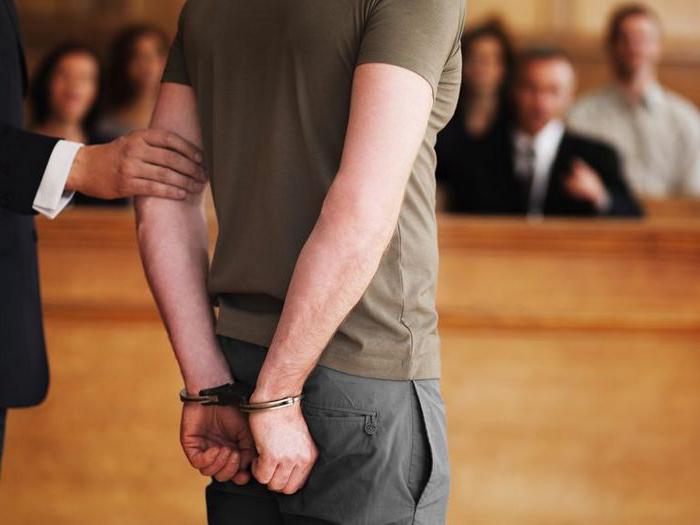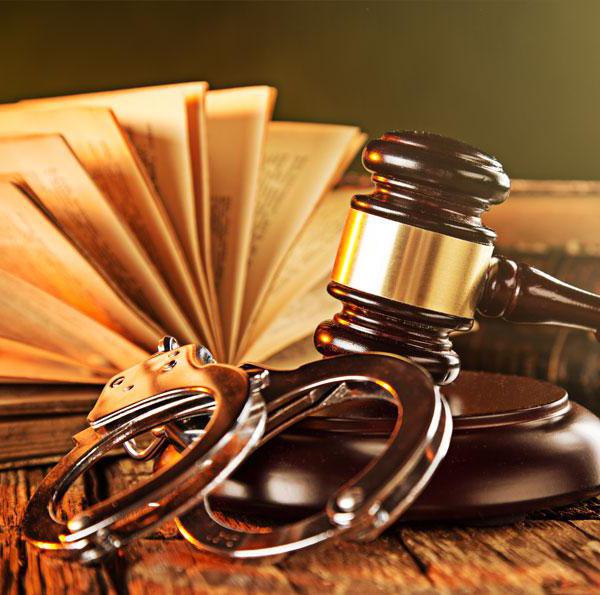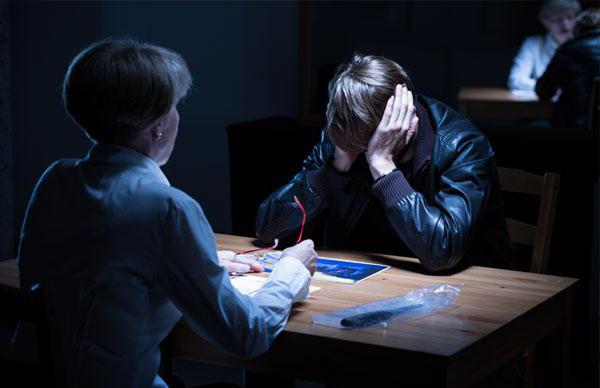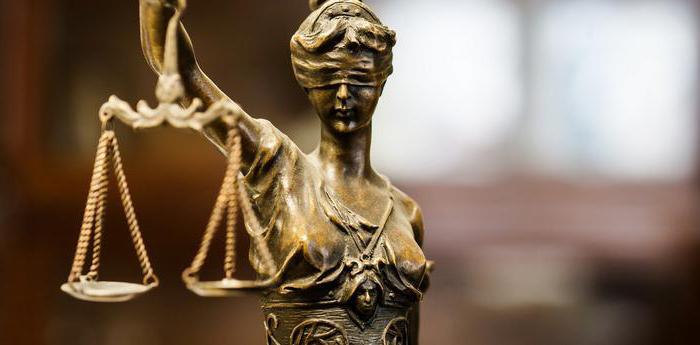An accusation of criminal proceedings is a complex of facts charged to a citizen (incriminated to him).
Art. 175 of the Code of Criminal Procedure of the Russian Federation establishes the rules for supplementing or amending the charge. Consider the features of the norm. 
The specifics of the charge
It may contain signs of the composition of one act, qualified according to one norm of the Criminal Code, or an ideal combination of several compositions provided for in the relevant articles of the Code. Its actual basis is always formed by the same type of action, a single event. This provision applies to cases when for its legal assessment it is necessary to refer not to one, but to several Code norms.
All other types of plurality of assaults (their real totality provided for by the first part of the 17th article) involve the presentation of several charges. For example, if a citizen at various times participated in theft and hooliganism, he is charged with, respectively, two acts. If it is established that the subject has committed robbery, rape and murder, 3 crimes are charged.
Modification and addition of criminal charges
The consolidation of this procedure in the Code is determined by the need to ensure the implementation of the defendants' right to defense. Article 175 regulates the procedure for amending and supplementing the charge before referring the case to the prosecutor for approval by him of the indictment. After that, other rules will apply.
The general point of the procedure for amending and supplementing the prosecution is to improve the position of a citizen. In other words, a person’s liability can be mitigated.
To amend and supplement the charge, the prosecutor may return the materials to the investigator. If the case has already been referred to the court, the qualification of the act cannot be changed in the direction of toughening the punishment. 
Procedural issues
If there is a need to amend and supplement the charge, the investigator must repeat the entire procedure for bringing the subject to the status of the accused. In particular, the clerk draws up a new resolution, brings a new charge, calls the citizen again for questioning.
Process specifics
Changes and additions to the prosecution can be carried out in two ways. The first is the adjustment of the actual part (volume) of the charge. In this case, the criminal legal assessment (qualification) of the deed remains the same.
For example, the conclusion about the place and time of the event is changed, additional actions of the person (episodes) are included, the initial data on the offender are adjusted, etc.
In such situations, the severity of the attack may increase or remain the same. However, in this case, in fact, a new charge appears, and the person to whom it is presented should be able to defend themselves against it.
Changing the factual side is allowed only within the spatio-temporal boundaries of the events in connection with which the proceedings were opened and criminal prosecution was conducted. 
Legal Valuation Adjustment
She suggests:
- Re-qualification of an act. For example, instead of theft, a citizen is charged with robbery.
- Change in individual qualifying characteristics. For example, instead of threats of violence during extortion, a person is charged with the threat of damage / destruction of property.
- Adding to the qualification of additional compounds in the aggregate.This can be caused by both a change in the factual side and a criminal law assessment of previous circumstances.
Improving the position of the subject
A change or addition to the charge may be in favor of the person. This is due to:
- The falling away of the whole indictment.
- A change in qualification by eliminating the indication of a particular article or by retraining to a norm on a less serious assault.
- By falling off episodes (one or more) of a continuing crime.
- A change in the amount of damage resulting from the deed, in the direction of reduction.

Nuances
The re-qualification of the original charge not only in the direction of tightening, but also mitigation entails the obligation of the authorized investigator to re-issue and present a decision according to which the person will be charged with the status of the accused.
It seems that the need to carry out this procedural action can hardly be caused by ensuring the citizen’s right to defense. The fact is that it does not imply the existence of mechanisms providing for the expression of disagreement with a change in the position of the subject in the direction of improvement. Empowering such a side of protection would be redundant in itself.
Apparently, the provision of article 175, providing for the duty of the investigator, is connected with the right of the victim of the assault to know about the charge. It is important for the victim to receive timely information about the change in the wording of the prosecution in the direction of improving the position of the accused, as this may contradict his interests and create grounds for contesting the decision on re-qualification. 
Part 2 of the 175th article of the CPC
If, within the framework of a new criminal prosecution, the prosecution does not find confirmation in any part of it, the investigator must order its termination in this part. The employee must notify the prosecutor, defense counsel and the accused.
Failure to confirm any circumstances is considered the basis for amending and supplementing the charge. In such situations, the investigator may confine himself to the partial completion of the prosecution and the usual notification of the persons indicated in paragraph 2 of the 175th article. According to experts, such a solution is not perfect both from a practical and a theoretical point of view.
Partial termination of the persecution is advisable and logical only in those few situations where the change is associated with the loss of an independent and whole charge brought among the rest.
For example, if a citizen was charged with hooliganism and theft, however, during the investigation, his involvement in one of the acts was not confirmed, the investigator can stop the prosecution of this person in the relevant part (for theft or hooliganism), restricting himself to declaring his decision to the accused person against receipt. 
In other cases, a partial cessation of prosecution is impossible only because the new charge has a different content.
For example, if during the investigation it is revealed that the damage from the crime is smaller than previously stated, and, accordingly, the offense is re-qualified in the direction of improvement for the accused, limit itself to completing the prosecution of the extra million, changing the qualification from one part of the norm to the other, it would be wrong. Otherwise, the new charge will lose its clarity, and the defense may become confused in the case file.